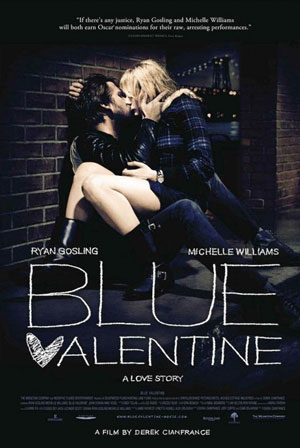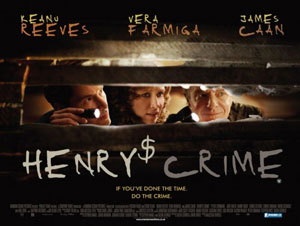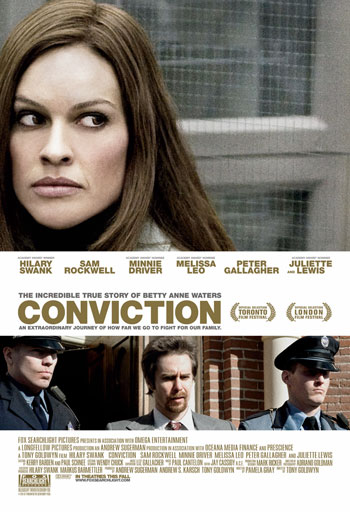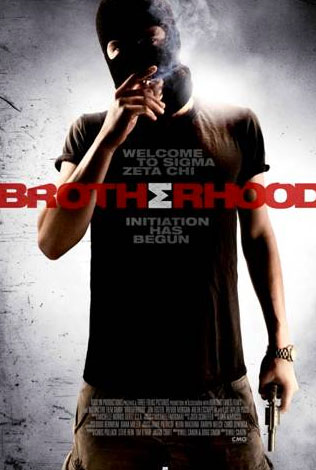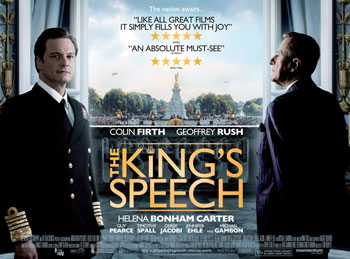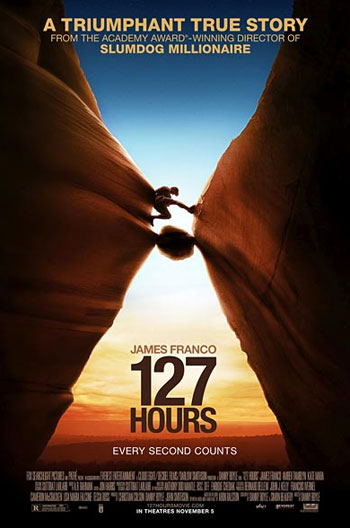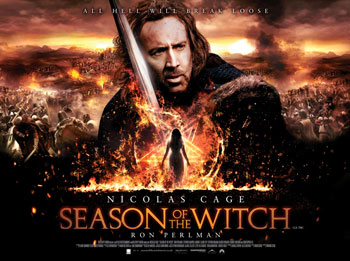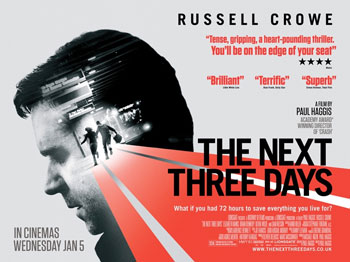The Green Hornet – 4*
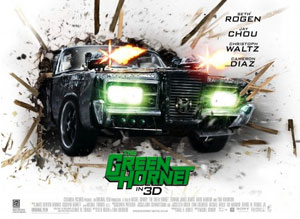 Not to be confused with Ryan Reynolds’ The Green Lantern, out soon, this is another superhero-story-cum-film adaptation of Trendle and Striker’s action hero drama from director Michel Gondry that stars Seth Rogen and Jay Chou as a pair of vigilantes by night, ridding downtown of its unsavoury characters and growing drugs problem. And it’s unadulterated goofball pleasure, with Rogen as his zaniest finest.
Not to be confused with Ryan Reynolds’ The Green Lantern, out soon, this is another superhero-story-cum-film adaptation of Trendle and Striker’s action hero drama from director Michel Gondry that stars Seth Rogen and Jay Chou as a pair of vigilantes by night, ridding downtown of its unsavoury characters and growing drugs problem. And it’s unadulterated goofball pleasure, with Rogen as his zaniest finest.
Co-written by the once-cuddly comic actor who is shrinking by the film, The Green Hornet certainly more slapstick action comedy than serious avenging caped crusader, as Rogen as immature newspaper heir Britt Reid – aka The Green Hornet – stamps his unique style of hormonal child-man antics and wordy rhetoric to the script, much to fans’ delight. Reid is your typical super-wealthy playboy brat who gets a rude awakening when his newspaper mogul father (played by Tom Wilkinson) is murdered, much like the Batman narrative. However, in this case, and unlike tormented Wayne, Reid treats the imminent threat to public order with disinterest and distain, wanting his superhero to be a bad guy with the authorities, and taking gleeful and irresponsible pleasure at putting not only himself in danger, but also his sidekick Kato (Chou). It’s like watching a frat boy come of age.
Chou as the Hornet’s superhuman weapon Kato says true to the original part, providing the gadgets and wow/pow factor in the film’s time-lapsed and thrilling stunts, rather than the dialogue, which is just as well as he’s incomprehensible most of the time. But Chou still gets to deliver a couple of witty one-liners to take his egotistical friend/boss/fighting companion down a couple of pegs, when necessary, and keep him focused on the job at hand. His comic timing and cool exterior nicely complements Rogen’s erratic nature, creating an engaging comedy partnership, where Chou often steals the scene. Rogen still doesn’t mind playing the fool, although a little less loveable and more egotistical here.
Austrian acting heavyweight and award-winning star of Tarantino’s Inglourious Basterds, Christoph Waltz is deliciously devilish once again as the Hornet’s nemesis, Chudnofsky, hilariously teased by all his opponents for his bland and outdated dress sense, before he decides ‘red’ is the new black, as well as the colour of blood, and reinvents his image as ‘Bloodnofsky’. Waltz embraces the slapstick humour with deadpan fervour, making this character his own, as he did Landa, and fast nominating him as one of the most desirable villains of latter years to watch on screen. Waltz equals star quality with his every appearance, but it initially takes a split second to realise who you are watching, as Chudnofsky grows in character and strength throughout the story.
And no superhero story would be complete without the girl, Lenore Case, played by Cameron Diaz. Naturally, like a Lois Lane, she’s smart, beautiful and determined, and gives as good as she gets, becoming the brains behind the plan. For those at the wrong side of thirty, there is a poignant and hilarious dig at big corporation’s obsession with ‘youth equals fresh ideas’ to be enjoyed by those of that age, and Cameron shows her homed comic skills in delivering it. But that aside, Cameron is fairly unremarkable in this, playing Case in much the same as every other action-girl character she’s done – a comfort to fans, but hardly pushing the boat out.
Finally, maybe The Green Hornet and Kato should have investigated the case of the missing 3D because the film seems to be missing a 3D trick – especially as this technological cash cow means parting with more hard-earned cash at the box office. The only truly effective 3D part is the cracking and stylish cartoon title sequence at the end, and perhaps, the odd bullet or glass-shatteringly gleeful moment. 3D ought to make more use of the camera angle and framing, so that objects coming towards you, rather than merely a pricey tool to enhance a lot of wide shots with a little more depth of field. It’s some thing to think about, before forking out to see it in 3D.
That said, The Green Hornet presses all the right cartoon-caper buttons with some compelling and witty performances and a tongue-firmly-in-cheek stance for those wanting to be thoroughly entertained. It’s not as slick or as bad ass as Kick-Ass, and even lacks that dark side of such comic book stories like Batman, but it’s certainly full of self-ridicule, which is immediately inviting and thrilling for all who watch.
4/5 stars
By L G-K

